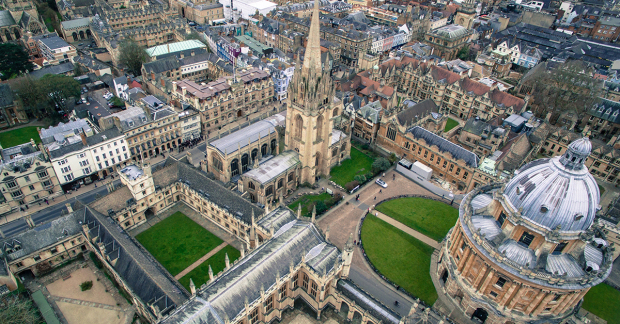Oxford University develop five-minute COVID-19 antigen test – intended for business use by next summer
A bit later than the government initially signalled, some form of “Operation Moonshot” may be available by the summer

© Sidharth Bhatia
Scientists at Oxford University have revealed a prototype for a rapid Covid-19 antigen test that can deliver results in less than five minutes.
Described as "simple, extremely rapid, and cost-effective" by Professor Achilles Kapanidis who spearheaded the development of the test, the new mechanism could be vital to roll out mass-testing and allow economies and spaces to re-open.
The antigen test works by taking throat swabs, with machine learning software that identifies whether or not a virus is present within a sample by utilising fluorescence imaging. According to the pre-paper released today, results could even come as quickly as within two minutes, with an average time around five.
"Antigen" tests are used to detect the presence of certain proteins that exist in the virus (rather than polymerase chain reaction (PCR) tests, which detect a virus's genetic material).
According to the Oxford University release, the test "will eventually be used for testing in sites such as businesses, music venues, airports etc., to establish and safeguard COVID-19-free spaces."
If such a rapid test is implemented, it could allow for what was, rather optimistically, labelled as "Operation Moonshot" by the Government – essentially where audiences take rapid tests before entering spaces with what could be a "Covid Pass".
The downside is that, according to their current estimations, the test will not be available before late summer 2021, in time, according to researchers, to prevent any major winter outbreaks next year.
Of course, other companies may beat Oxford to developing a rapid testing system, such as the NudgeBox machine, developed by DnaNudge, which is being promoted by the government, while in September the World Health Organization approved two antigen tests that can deliver a result in 15 to 30 minutes.
While that seems like a long way off, as the Prime Minister mentioned by referring to SARS, if a vaccine does not appear in the immediate future then five-minute tests could be a ready-made solution to allow audiences to feel safe and comfortable sitting side by side.
Progress on vaccines is, of course, continuing apace, with a variety of studies going on across the UK and further afield. At the current moment, 170 candidate vaccines are being tracked by the World Health Organisation.
Meanwhile, socially distanced productions are being mounted across England.












